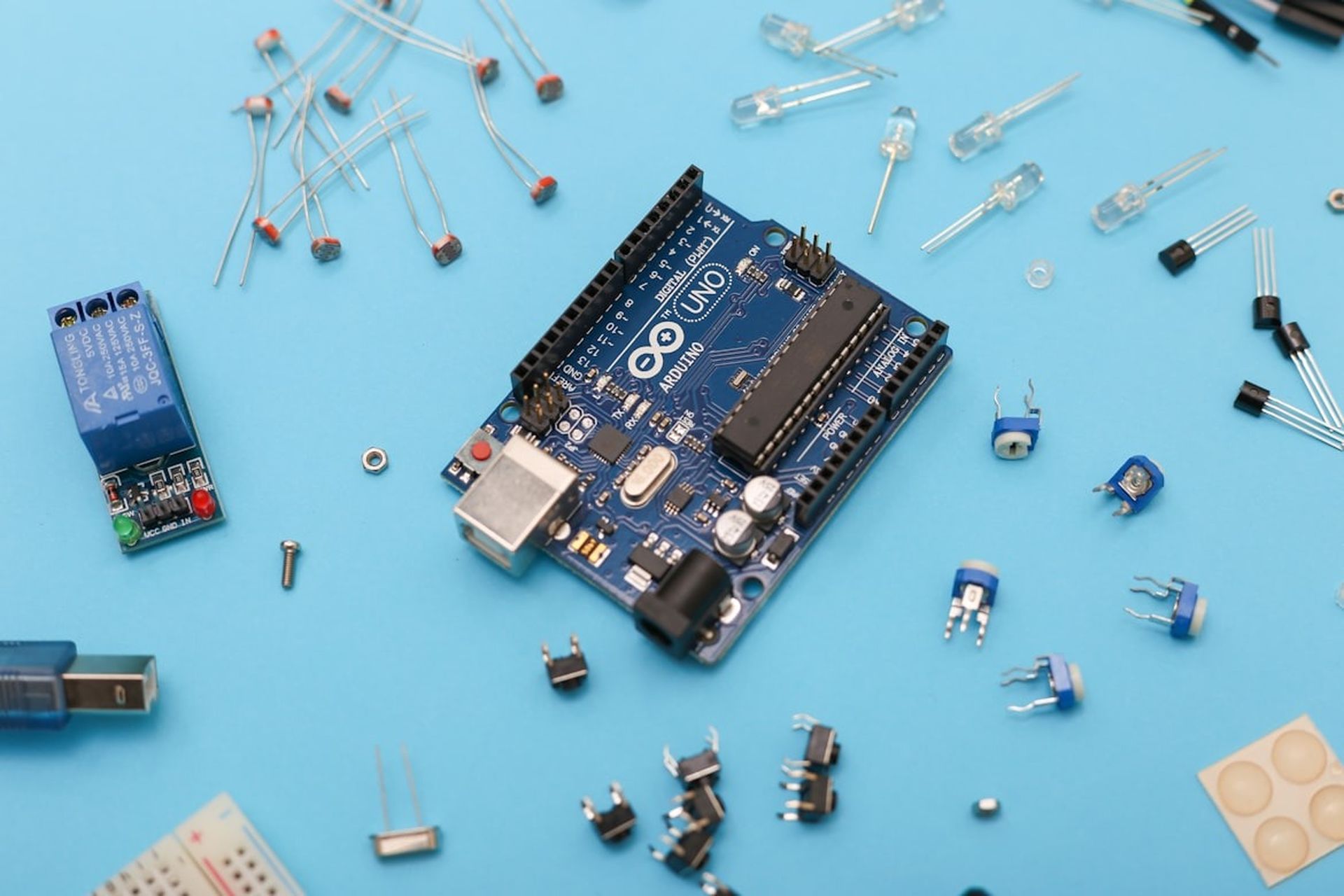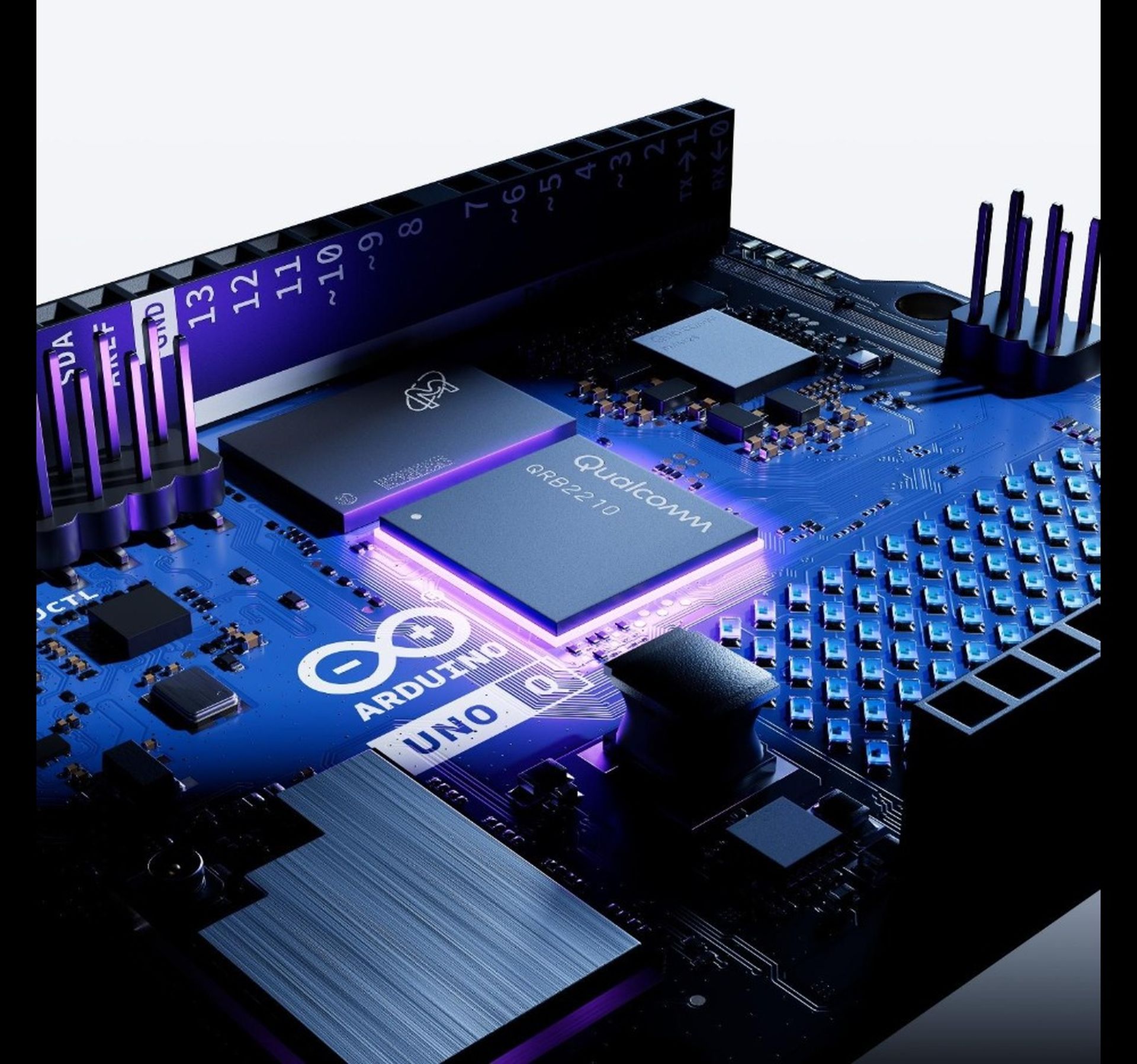Qualcomm Technologies, a global leader in semiconductor and wireless technology, has announced its acquisition of Arduino, the iconic Italian open-source hardware and software platform, in a strategic move to bolster its edge computing and AI capabilities.
This deal, revealed on October 8, 2025, marks a significant milestone for both companies, uniting Qualcomm’s cutting-edge processing power with Arduino’s vast community of over 33 million makers, hobbyists, and developers.
Arduino’s Legacy and Qualcomm’s Vision
Arduino, founded in 2005 in Ivrea, Italy, revolutionized the world of electronics by making microcontroller boards accessible to everyone, from students to professional engineers.
Its flagship product, the Arduino Uno, became a staple in classrooms, startups, and robotics labs worldwide due to its affordability and ease of use.
Qualcomm, known for its Snapdragon processors and advancements in 5G, aims to leverage Arduino’s open-source ethos to democratize access to advanced AI tools and edge computing solutions.
New Hardware: Introducing the Arduino UNO Q
Alongside the acquisition, Qualcomm unveiled the Arduino UNO Q, a powerful new single-board computer featuring the Dragonwing QRB2210 processor and an STM32 MCU, designed for standalone development with Linux support.
This board promises to bring unprecedented processing power to DIY projects, enabling complex applications like signal processing and AI model execution directly from simple programmer prompts.
Impact on the Maker Community
The collaboration also introduces a unified Integrated Development Environment (IDE) that blends app, sketch, and AI development, simplifying the creation process for both beginners and seasoned developers.
Historically, Arduino has empowered a generation of innovators; with Qualcomm’s resources, this community is poised to tackle more ambitious projects in robotics and Internet of Things (IoT).
Future Prospects and Industry Implications
Looking ahead, Qualcomm’s acquisition signals a deeper push into embedded systems, potentially transforming how edge AI is integrated into everyday devices and industrial applications.
While Arduino will retain its independent branding and commitment to open-source principles, the influx of Qualcomm’s expertise could accelerate innovation, though some in the community express cautious optimism about corporate influence on Arduino’s grassroots spirit.
Ultimately, this partnership could redefine the boundaries of DIY tech, positioning Qualcomm and Arduino at the forefront of the next wave of technological creativity.


 Alfred Lee
Alfred Lee





